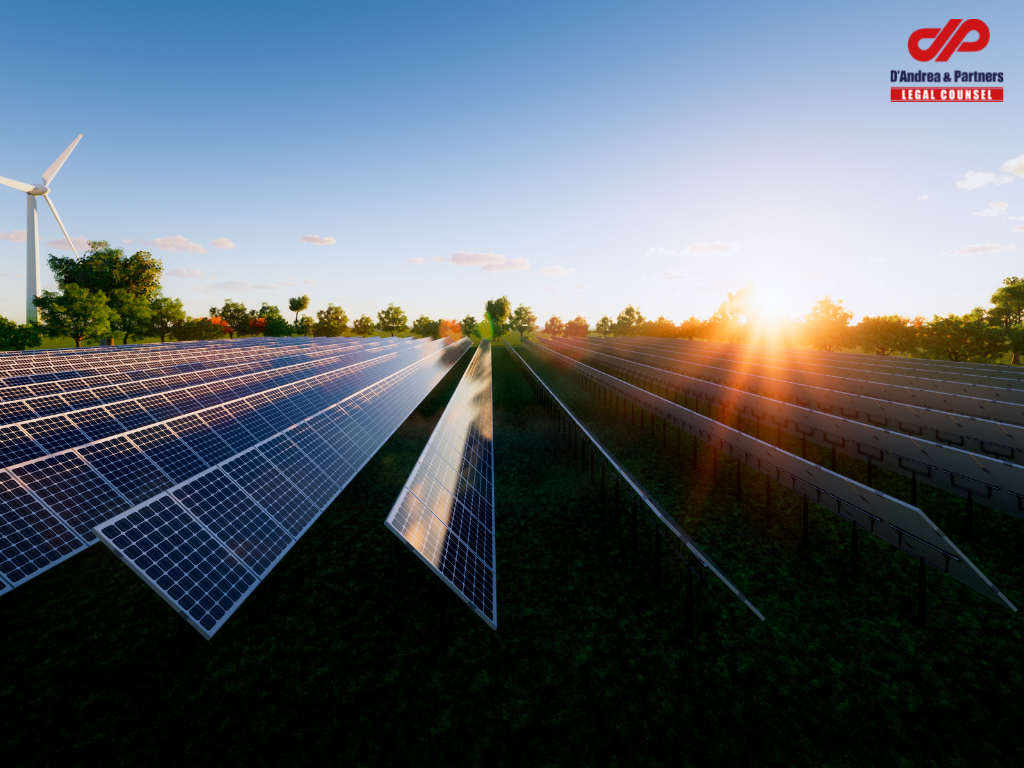The story of growth in South-East Asia is one of opportunity and challenge, but climate change threatens this progress. Low-cost energy and other natural resources have played a key role in driving the Vietnamese economy over the past few decades, but current consumption and production trends, and an increasing urbanization rate place enormous pressure on these resources.
Cooperation with the private sector is essential to deliver innovative climate solutions, helping the transition to a low-carbon economic growth path. In 2020, the Asian Development Bank (ADB) committed USD 4.5 billion in loans, investments, and grants to support a healthy private sector. However, market imperfections and levels of perceived risks are the most common barriers for private engagements in developing countries.
To sustain Vietnam’s efforts to obtain a relatively diversified mix of renewable energy and meeting ambitious climate change targets under the nationally determined contributions in the Paris Agreement, large sums of new investment are needed. Without such investments, Vietnam will be forced to increasingly rely on imported coal to cater to its future energy needs, with substantial negative environmental, health, and economic based consequences. ADB mobilized long-term US dollar limited-recourse financing from commercial banks and other development finance institutions unavailable locally.
ADB signed a USD 116 million green to build and operate three 48-megawatt (MW) wind farms, totaling 144 MW, in Quang Tri Province, increasing the country’s wind power capacity by 30%. The loan forms part of a USD 173 million green loan project financing package. This is a milestone project which demonstrates how private financing can be effectively mobilized to develop wind power projects in Asia and the Pacific.
Various other projects were also financed in the country, such as the USD 186 million loan to develop and operate a 257 megawatt (MW) solar power plant in Hoa Hoi, Phu Yen Province, through the country’s first certified green loan. The “Floating Solar Energy Project” was financed to implement the installation of floating solar panels, a first for the country. The project has increased Vietnam’s solar power generation capacity, while also generating jobs and economic opportunities. This innovative use of combining solar power and hydropower technologies is envisioned to be replicated not only elsewhere in Vietnam but across Asia and the Pacific.
While, more recently the “Lotus Wind Power Project”, one of the first and largest wind power projects financed by the private sector in Vietnam and one of the first to have attracted international lenders was launched. The Project entails the development, construction, operation and maintenance of three 48MW wind farms (144MW in total) and the ancillary facilities in Huong Hoa district, Quang Tri province with Vestas supplying, delivering, installing and maintaining the wind turbines. The project is highly aligned with the Vietnamese government’s Revised National Power Development Master Plan for the 2011-2020 Period with the vision to 2030 (Revised PDP 7) to promote renewable energy and specifically grow the country’s wind power capacity to 2,000 MW by 2025 and 6,000 MW by 2030.
Only a few months ago, in March 2021, the World Bank, acting on behalf of the Green Climate Fund (GCF), provided Vietnam with US$86.3 million to support the development of a commercial financing market for industrial energy efficiency investments. By reducing lending risks, the facility is expected to mobilize around US$250 million of commercial financing, to be provided to industrial enterprises and energy service companies at competitive terms and with low collateral requirements.
The grant and guarantees are executed under the Vietnam Scaling up Energy Efficiency Project which aims to support Vietnam in achieving energy efficiency targets set out in the Green Growth Strategy as well as emission reduction objectives pledged under the National Determined Contributions. The World Bank also made a strong contribution to the climate change and green growth reform agenda through the Climate Change and Green Growth Development Financing project.
Conclusion
Vietnam’s rapid growth and industrialization have had a detrimental impact on the environment and natural assets: electricity consumption has tripled over the past decade, growing faster than output, and expected to further grow on a yearly rate of 13%. Therefore, there is an urgent need to accelerate the transition to clean energy. Vietnam has made ambitious commitments to combat climate change under the Paris Agreement, but only by making massive changes will it be able to live up to such plans.
The aforesaid financing programs are expected to support the country’s low-carbon growth goals, catalyze further commercial bank financing for renewable energy, and make more attractive investments in the field.




